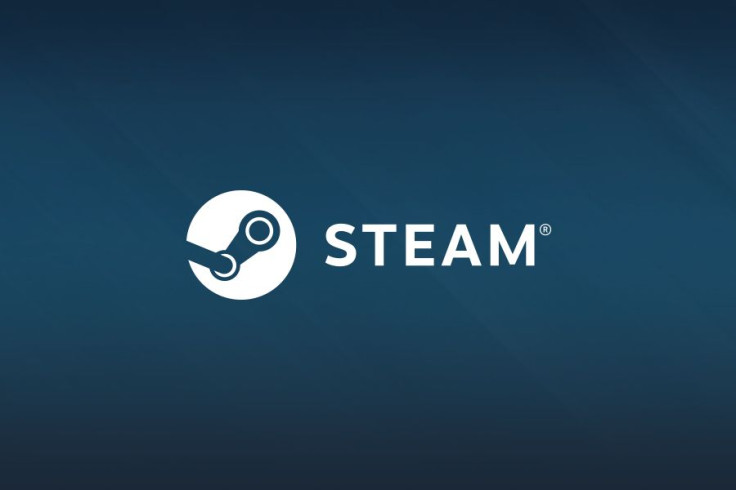Valve Changes Steam’s Revenue Sharing Policy
Valve announced that it has updated its distribution agreement with developers that sell their games on Steam. From now on, if a game makes $10 million, the developers will have to share less money with Valve.
“The value of a large network like Steam has many benefits that are contributed to and shared by all the participants. Finding the right balance to reflect those contributions is a tricky but important factor in a well-functioning network,” Valve recently said on its blog.
“It’s always been apparent that successful games and their large audiences have a material impact on those network effects so making sure Steam recognizes and continues to be an attractive platform for those games is an important goal for all participants in the network.”
Valve is able to get a 30 percent cut from any revenue made from online game sales on Steam, including those from DLCs, in-game purchases and other fees.
With the new distribution agreement, if a game earns more than $10 million its developers will only have to pay Steam 25 percent of their earnings. If the game generates up to $50 million, Steam’s cut of the pie will then go down to just 20 percent.
“Revenue includes game packages, DLC, in-game sales, and Community Marketplace game fees. Our hope is this change will reward the positive network effects generated by developers of big games, further aligning their interests with Steam and the community,” Valve said.
Valve’s policy change on revenue sharing may have been caused by the dip in usage of Steam this year, as pointed out by ArsTechnica. Steam had an incredible start in the year with 16.8 million daily users in January.
However, daily usage went down to under 14.9 million in July, which was nearly a 12 percent drop. It’s believed that the drop in usage may have been caused by the lack of interest in “PlayerUnknown’s Battlegrounds,” which is Steam’s most popular game.
The dip in usage of Steam may have also been caused by developers deciding not to sell their games on Valve’s marketplace. “Fortnite,” for example, has seen huge success in the PC gaming market despite not being available on Steam. Epic Games, the developer of “Fortnite,” also decided to skip the Google Play Store and offered the battle royale game as a direct download from its website.
Another popular game that came out this year was “Call of Duty: Black Ops 4” and it was released for the PC through Activision Blizzard’s Battle.net portal. By introducing these changes in revenue sharing, Valve may be hoping to convince big developers to remain loyal to Steam.
Meanwhile, smaller independent developers will still owe Valve 30 percent of their earnings, according to Kotaku. Indie developers make up most of Steam’s library, but it’s very rare for one of their games to earn more than $10 million. Some indie developers have already expressed dismay and bewilderment with Valve’s decision to change its policy.
“Steam just changed the rules so that games that make millions of dollars earn a higher percentage of their revenue... so the richest get richer,” “Wandersong” developer Greg Lobanov said on Twitter.
“What a slap in the face to the rest of us. Shouldn’t it be the exact opposite? It’s obvious they did this to appease the biggest money interests ... but it’s not good for the health of the gaming community or market. Niche, experimental games that broaden their audience like ‘Wandersong’ are impacted by these decisions,” Lobanov added.

© Copyright IBTimes 2025. All rights reserved.



















